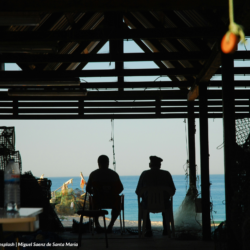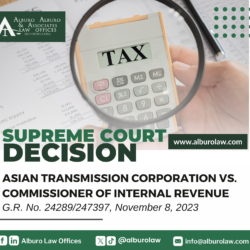Exceptions to the Limited Liability Rule
It is a well-settled principle that the exception to the limited liability doctrine applies when the damage is due to the fault of the shipowner or to the concurrent negligence of the shipowner and the captain. Where the shipowner fails to overcome the presumption of negligence, the doctrine of limited liability cannot be applied. (Aboitiz Shipping Corporation v. Court of Appeals, G.R. No. 121833, October 17, 2008)











